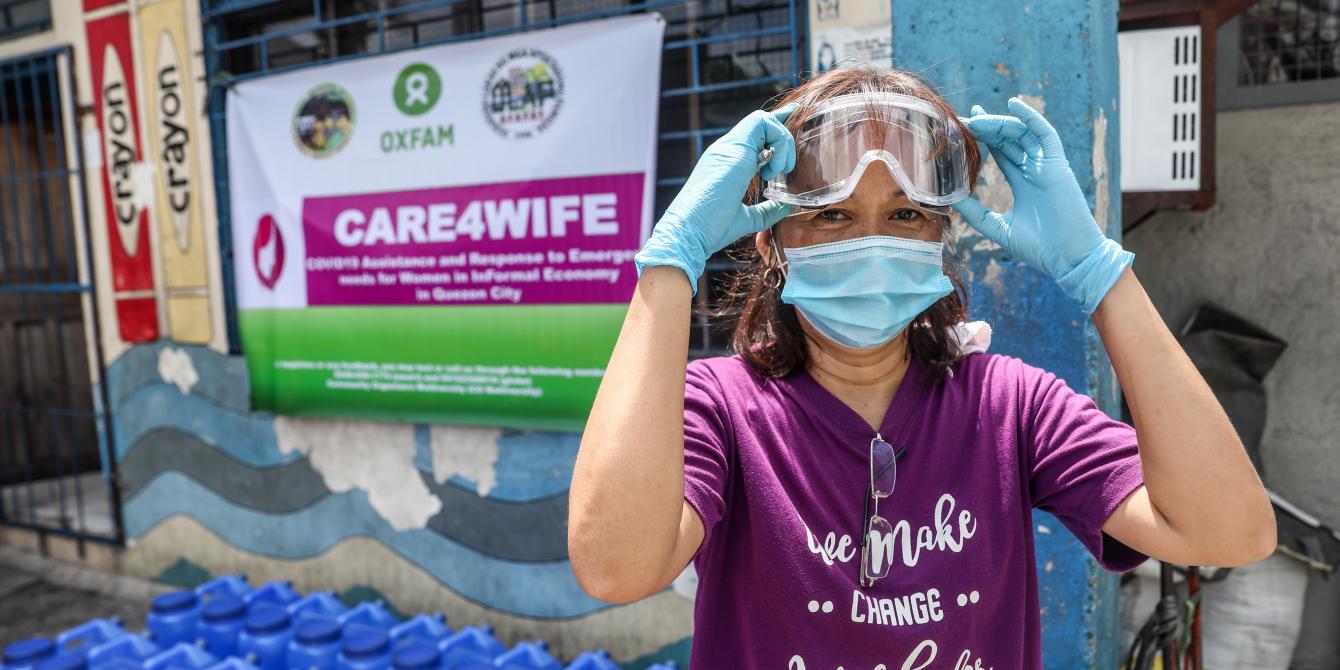Voices from the Compounded Crisis: Oxfam COVID-19 Rapid Gender Assessment Regional Highlights in the Philippines

Global and national strategic plans for COVID-19 preparedness and response must be grounded in strong gender analysis and inclusive representations in decision making and implementation measures to create effective, equitable policies and strong COVID-19 key interventions. While this concept is no longer new, there is also no evidence suggesting the gender responsiveness of the Philippines National Action Plan (NAP) on COVID-19 response even with the concrete guidelines set by the Magna Carta of Women (MCW). Specifically, the State shall ensure that development of plans, policies, programs, measures, and mechanisms should address discrimination compounded by or intersecting with other grounds, status, or condition, such as ethnicity, age, poverty, or religion in the economic, political, social, and cultural life of women and men.

 Follow us on Facebook
Follow us on Facebook Instagram
Instagram Follow us on Twitter
Follow us on Twitter LinkedIn
LinkedIn